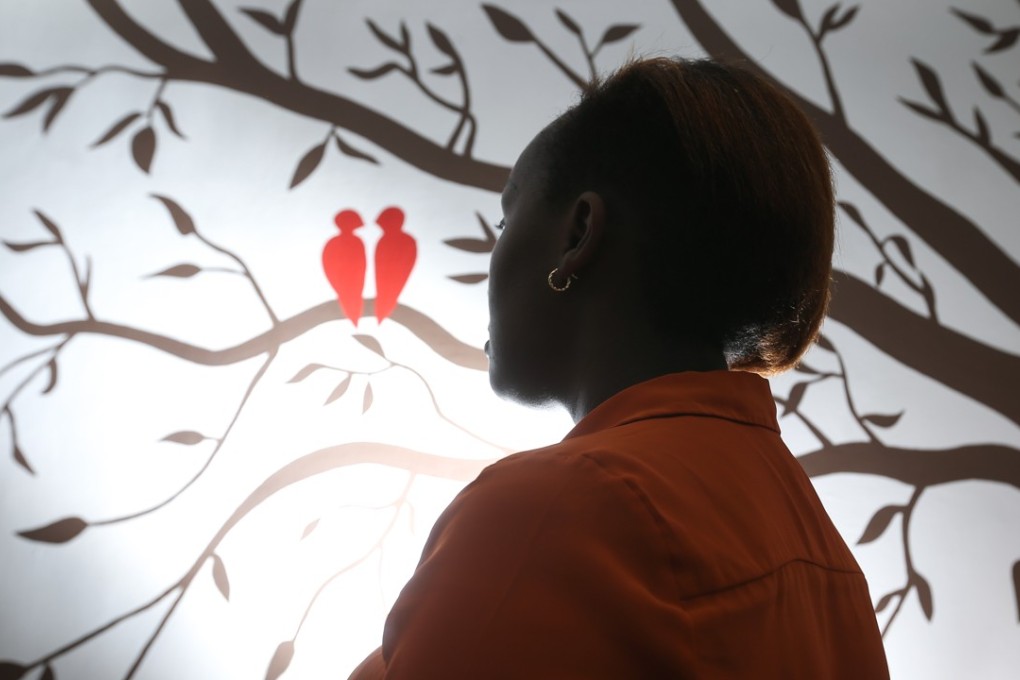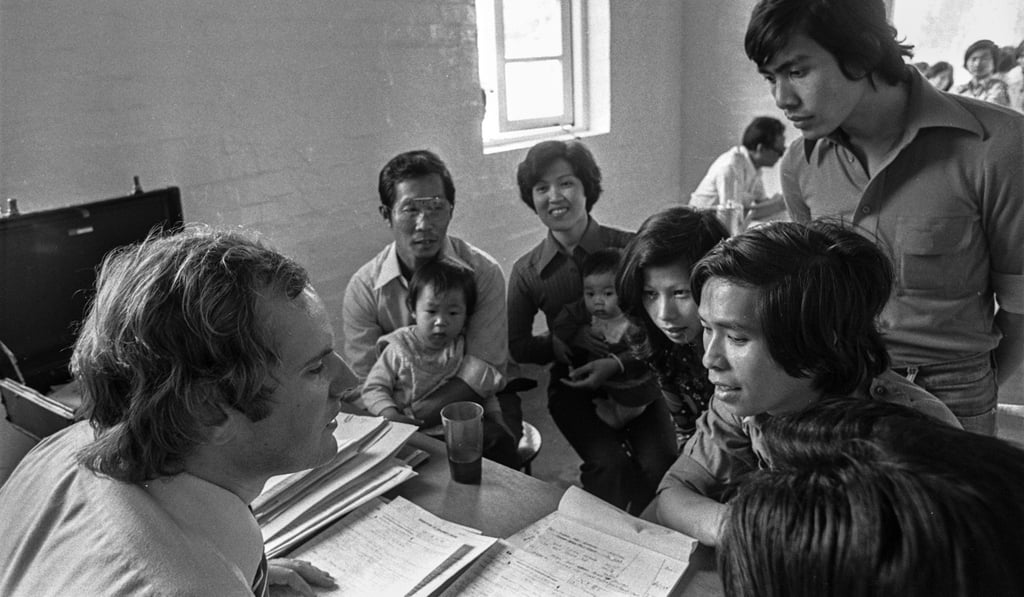Advertisement
Letters | How Hong Kong tells real refugees from economic migrants
- The system provides a safeguard against abuse and ensures only those with a genuine fear of persecution are given protection
Reading Time:2 minutes
Why you can trust SCMP

The widespread coverage of “fake refugees” in Hong Kong raises the question: do we understand enough about those in need of international refugee protection, and the process of identifying refugees in Hong Kong?
Traditionally, the practice of identifying refugees, known as “refugee status determination”, is undertaken either by a government or by the UN Refugee Agency (UNHCR). This is usually determined by whether a country has signed the 1951 Refugee Convention, the international legal instrument that defines international refugee law, and who falls within the refugee definition. While Hong Kong is not a signatory to the convention, it has a unique hybrid system to screen people for protection considerations.
UNHCR has been in Hong Kong since 1952 and opened an office here in 1979, when it was requested by authorities to conduct status determination for everyone seeking refugee protection in its territory.
Advertisement
However on March 3, 2014, Hong Kong took ownership of reviewing protection claims when it launched a unified screening mechanism to assess whether people would be at risk upon return to their home country. UNHCR now remains in Hong Kong in a supporting role to the authorities.
Advertisement

Advertisement
Select Voice
Select Speed
1.00x